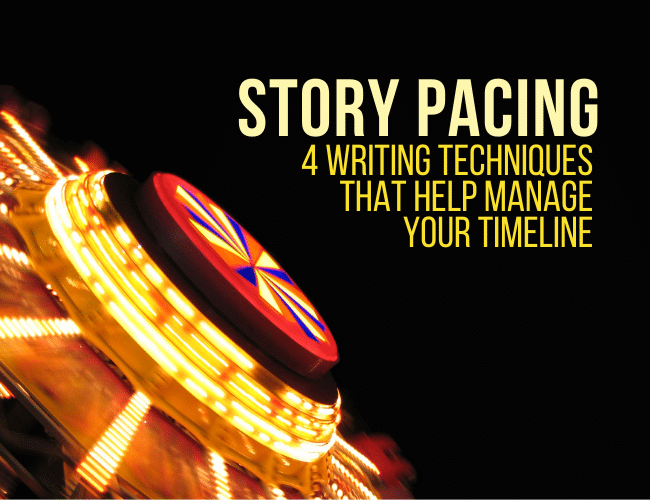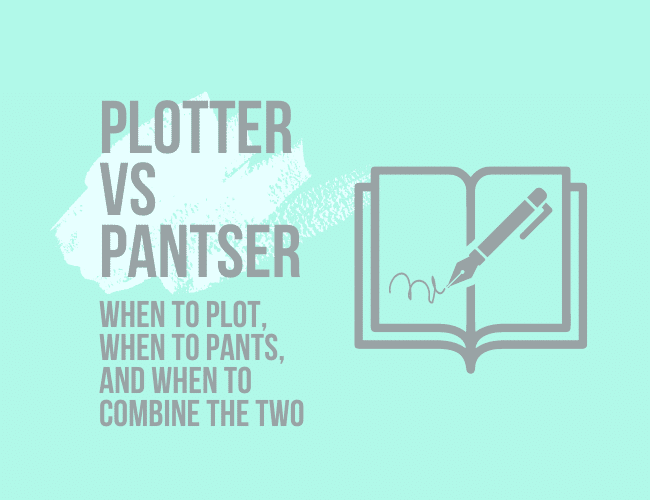
by J. D. Edwin |
How do you plan a story? If you’re a writer, you’ve probably heard about different creative writing methods to finish a first draft. Is there a right or wrong to these? Have you tried different method, but still don’t feel like it’s a perfect fit?
At some point in your process, it’s likely that you will with primarily pants or plot a novel. Maybe you even do both at different times in your writing process.
In this article, you’ll learn when the best times are for planning your novel. You’ll also learn different stages of that planning process when you might prefer to pants, plot, or some hybrid method of the two.
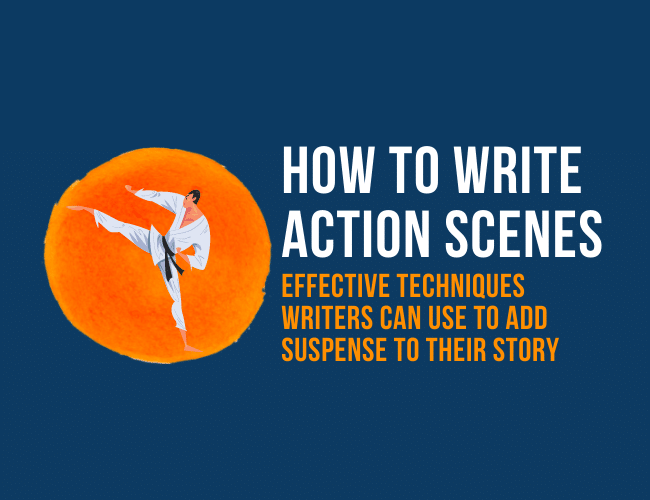
by Joslyn Chase |
You sit down, ready to write, and you’re excited because this scene is going to be full of terrific action-packed conflict to grab your reader. But then you wonder, do you even know how to write action scenes?
Are plot points and blow-by-blow action really what keeps readers turning pages? Do you know how to write the kind of action that will add suspense to the story, rev your readers’ heart rate, and leave them dying to know what happens next?
Creating an action scene that works on screen is difficult. Creating an action scene that works on the page might be an even steeper challenge!
Luckily, there are writing strategies to help you write an action scene with skill.
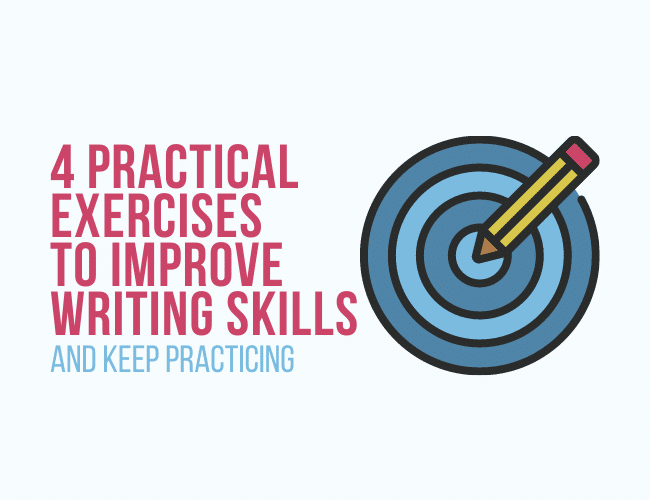
by J. D. Edwin |
Have you ever heard what people tell kids who want to play sports? Practice. Did you grow up with music lessons? You’ve probably heard the same thing. Keep practicing.
But can you apply the same philosophy to writing?
Not only is practicing writing a good way to improve your writing skills—it’s essential to becoming a better writer.
And like all honed skills, you need a good teacher or guide to push you—to help you practice. In this post, you’ll not only learn four steps to help you practice, but exercises to improve your writing skills along the way.
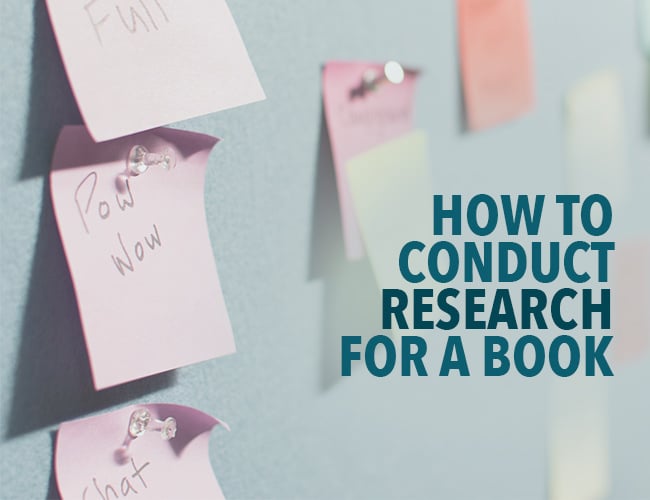
by Sarah Gribble |
You might think you don’t need to do much research because you’re writing fiction. (Isn’t fiction just making stuff up?!) You’d be wrong.
Your readers expect to be transported to your setting and to understand your characters so fully, they seem like real people. Little things like using the wrong jargon or having your main character wear the wrong type of bodice can jar your reader out of the story and cause them to lose respect for you as a writer. If they can’t trust you to get the facts right, why should they trust you to guide them through a story?
Like it or not, research is a writer’s best friend. (Next to caffeine, anyway.) So let’s talk about how to conduct research for a book.
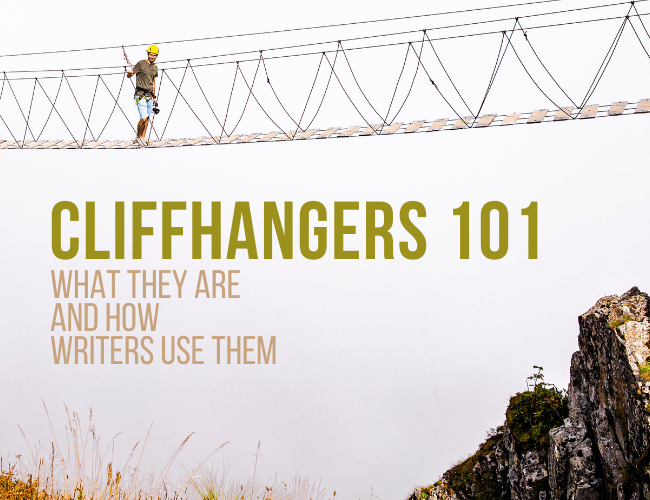
by Joslyn Chase |
Do you love a good cliffhanger? Most readers do. Whether they entail a twist that hits us like a tidal wave or employ a more subtle revelation, cliffhangers keep readers eagerly turning the pages—even if we’re not all entirely sure of a cliffhanger’s meaning.
But what is the definition of cliffhanger? And how can we, as writers, master the use of cliffhangers to write a book that holds readers all the way to the very end?
In this article, we’ll dig deep into what a real cliffhanger is, what it does, and how you can create consistently potent cliffhangers in your own writing.




